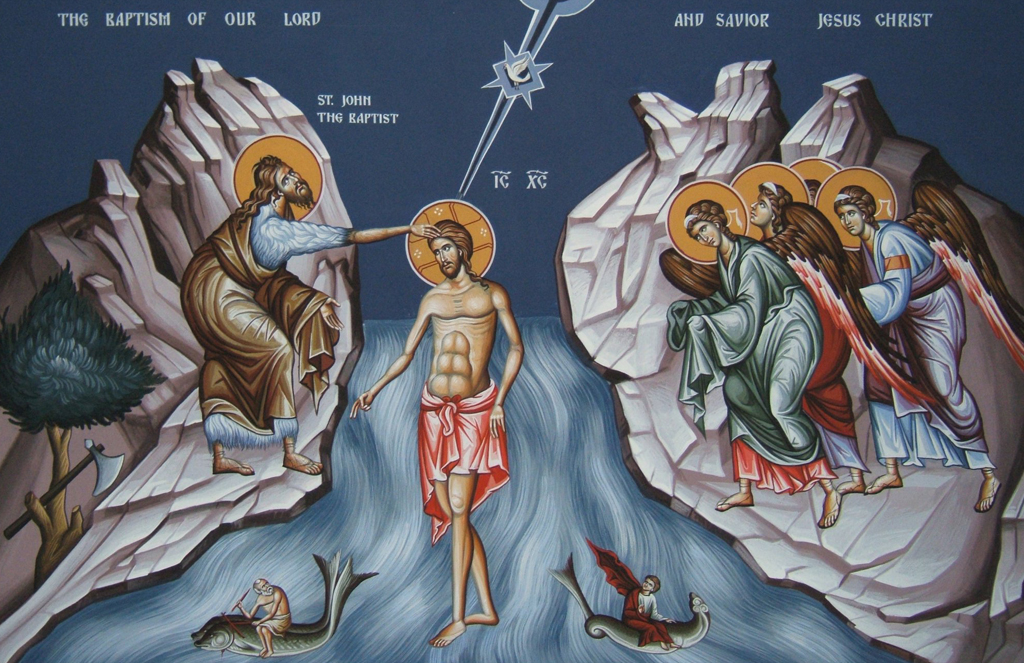Fr Paolo Consonni, MCCJ
Do not think that I have come to abolish the law or the prophets; I have come not to abolish but to fulfil. For truly I tell you, until heaven and earth pass away, not one letter, not one stroke of a letter, will pass from the law until all is accomplished”. (Mt 5:17-18)
These days I am praying for a person who is soon going to be sentenced for a financial crime. I fully understand the anguish of the family who expect him to be in prison for quite some time, hopefully only for a short period. The law is equal for all and we must bear the consequences of our choices. At the same time, we realize that while laws and systems of punishment to enforce them are necessary for social coexistence, yet they are not enough to create just and peaceful societies. Something beyond the law is needed to accomplish what the law wants to achieve. The same is true with God’s Law.
Jesus’ relationship with the law was complex. As an Israelite, he had the duty to observe religious laws in their integrity. Yet, he was always critical of the reduction of the laws to a “hypocritical casuistry” which had no regard for the spirit of the law itself. That is why in this Sunday’s Gospel (Mt 5: 17-37) Jesus said, “Unless your righteousness exceeds that of the scribes and Pharisees, you will never enter the kingdom of heaven”. The Scribes taught the Law but they were lax in practicing it; the Pharisees observed the law with rigidity but neglected its spirit. Jesus on the other hand, with His words and actions, life and death, fulfilled the Law by perfectly coupling justice with mercy. For us human beings this balance is very difficult to achieve and we tend to swing between the two opposites more than integrating them.
“In God’s justice there is also grace” said Pope Benedict in the Encyclical Letter “Spe Salvi”. “This we know by turning our gaze to the crucified and risen Christ. Both these things—justice and grace—must be seen in their correct inner relationship. Grace does not cancel out justice. It does not make wrong into right. It is not a sponge which wipes everything away, so that whatever someone has done on earth ends up being of equal value. […] Evildoers, in the end, do not sit at table at the eternal banquet beside their victims without distinction, as though nothing had happened” (Spe Salvi 44).
If God were only merciful but without justice, it would mean that our actions and choices do not really matter. If we are not responsible for the consequences of our actions, then the sense of self and the value of our existences would be destroyed. What makes us truly human is freedom and responsibility: only through them do our choices acquire meaning.
On the contrary, if God were only just without mercy, then oppressed by guilty feelings we would live in fear and desperation because we know that no one could be totally blameless in God’s eyes. But His love is stronger than our sins. “If anybody does sin, we have an advocate with the Father—Jesus Christ, the Righteous One. He is the atoning sacrifice for our sins, and not only for ours but also for the sins of the whole world” (1 Jn 2:1-2). While saved by God’s mercy, nevertheless we are still responsible for our actions: we need to amend our wrongdoing, restore justice and repair broken relationships before entering into the Kingdom of Heaven.
I often struggle in keeping justice and mercy together, mostly because I often neglect to pray when meeting a problem and try instead to come up with my own solutions. The capability of fulfilling God’s law does not only come from knowledge of moral principles, but especially from letting the Holy Spirit guide us in any particular situation and give us the strength to patiently live with the consequences of our choices, learning from our mistakes when necessary. It requires the humility of listening to God who speaks in our own conscience as well as in the Magisterium of the Church, where the voice of Christ continues to proclaim the truth of the Gospel.
In other words, it requires discernment, which is the discipline of paying attention to our actions, words, attitudes and choices, even if they are small as an “iota” (the smallest stroke of a letter, in the words of Jesus), because it is through them that God is leading us to the fullness of life that He has promised us, where “steadfast love and faithfulness will meet; righteousness and peace will kiss each other” (Ps 85:10). Superficiality and carelessness, more than wickedness, are the root of many evils.
(Image: stevepb@pixabay.com)


 Follow
Follow


